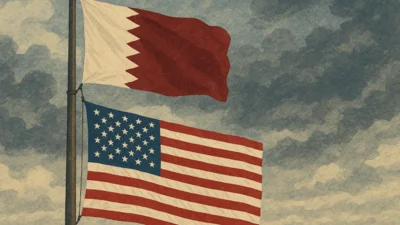More information about Pakistan is available on the Pakistan Page and from other Department of State publications and other sources listed at the end of this fact sheet.
U.S.-PAKISTAN RELATIONS
The United States established diplomatic relations with Pakistan following the country’s independence in 1947. We work closely with Pakistan on a wide array of issues ranging from Afghanistan stabilization efforts to counterterrorism to energy to trade and investment. In terms of counterterrorism and internal security, Pakistan has taken some action against externally-focused militant groups and UN-designated terrorist organizations operating from its territory in accordance with its National Action Plan against terrorism and Prime Minister Imran Khan’s public commitments. The United States continues to urge Pakistan to take decisive and irreversible action against these groups. Pending this action, the United States suspended security assistance to Pakistan in January 2018, with certain narrow exceptions for U.S. national security interests. The United States has been one of the largest sources of foreign direct investment in Pakistan and remains Pakistan’s largest export market. Trade relations between the United States and Pakistan continue to grow, and the U.S. government supports this relationship by funding reverse trade delegations, business conferences, technical assistance, and business outreach.
Bilateral Economic Relations
Pakistan is the fifth largest country in the world by population and ranked as the 42nd largest economy in 2020 to according to IMF estimates. The United States is Pakistan’s largest export destination country, while China is Pakistan’s largest source of imports. The United States has been one of the top investors in Pakistan over the last two decades, with major U.S. investments concentrated in consumer goods, chemicals, energy, agriculture, business process out-sourcing, transportation, and communications. The United States has sought to deepen commercial ties with Pakistan, with senior officials from the U.S. Commerce Department and the U.S. International Development Finance Corporation (DFC) engaging with Pakistani leaders. However, Pakistan’s significant business climate issues, including regulatory barriers, weak intellectual property protections, and discriminatory taxation, have impeded U.S. firms’ operations in the country. Pakistan has made some progress, ranking 108 in the World Bank‘s most recent Ease of Doing Business index in 2019, a 28-slot improvement from its prior review. The United States continue to work with Pakistan to achieve further business climate enhancements.
U.S. Civilian Assistance to Pakistan
The primary focus of the U.S. civilian assistance program is to partner with Pakistan in its development toward security, stability, prosperity, and self-reliance. Working across the U.S. government, and in cooperation with Pakistan, international donors, and development partners, U.S. assistance has focused on projects supporting economic growth and bilateral trade; the rule of law in the newly merged districts of Khyber Pakhtunkhwa; refugees and refugee-hosting communities; law enforcement; civil society; people-to-people exchanges; and countering infectious diseases, such as COVID-19 and polio.
Bilateral Representation
The U.S. Chargé d’ Affaires a.i. to Pakistan is Angela Aggeler. Other principal embassy officials are listed in the Department’s Key Officers List.
Pakistan maintains an embassy in the United States at 3517 International Court NW, Washington, DC 20008 (tel. 202-243-6500). It has consulates in Los Angeles, New York, Chicago, and Houston.
More information about Pakistan is available from the Department of State and other sources, some of which are listed here:
CIA World Factbook Pakistan Page
U.S. Embassy
USAID Pakistan Page
History of U.S. Relations With Pakistan
Office of the U.S. Trade Representative Countries Page
U.S. Census Bureau Foreign Trade Statistics
Export.gov International Offices Page
Library of Congress Country Studies
Travel Information
Source: U.S. Department of State, Bureau of South and Central Asian Affairs








